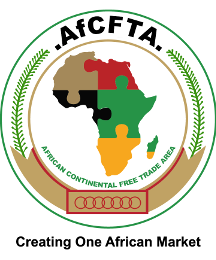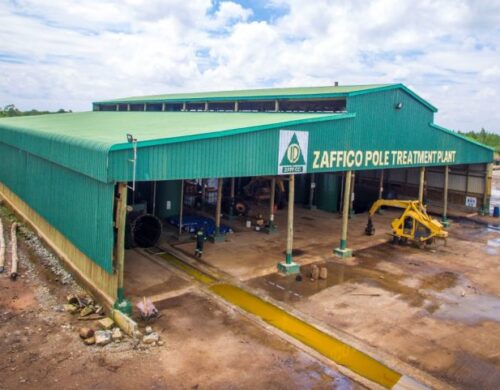
The Zambia Association of Manufacturers (ZAM) says the African Continental Free Trade Area (AfCFTA) currently seems to be in favour of African countries with a larger industrial base and not for countries like Zambia, which have smaller manufacturing industries.
Association President Ashu Sagar explained that Zambia is amongst the countries that have a lower export potential in the AfCFTA, therefore, there is a high possibility of a surge of imports from countries with a larger industrial base.
In an interview with the Zambian Business Times-ZBT, Sagar said the surge in imports would affect the local manufacturing industry because countries with a larger industrial base have achieved economies of scale and their products are significantly cheaper than the equivalent products made locally.
Sagar said Zambia should focus on strengthening its safeguard provisions in the AfCFTA in order to protect the domestic manufacturing industry from the risk of dumping of imported cheaper products.
He stressed that one of the main concerns is protecting the infant industry and making sure it has a sound base to compete in the new AfCFTA environment adding that the Zambian government can work with the private sector to develop the export capacity and diversify into more value-added exports.
The Association president mentioned that according to the United Nations Conference on Trade and Development (UNCTAD) Policy Brief No. 94 of 2022, the AfCFTA might not be as hopeful for Least Developed Countries (LDCs) as it might be for developing countries.
Sagar added that the UNCTAD’s Policy Brief No. 94 revealed that the 33 LDCs in Africa only account for 16% of the export potential in the AfCFTA, whilst majority of the export potential lies with Egypt, Morocco and South Africa.
He however noted that once implemented, the Africa Continental Free Trade Area (AfCFTA) will connect 1.3 billion across 54 African countries, therefore having a combined GDP of US$ 3.4 trillion adding that for trade in goods, the AfCFTA will liberalize 90% of the tariff lines, eliminate non-tariff barriers and will facilitate for easy movement across borders.








